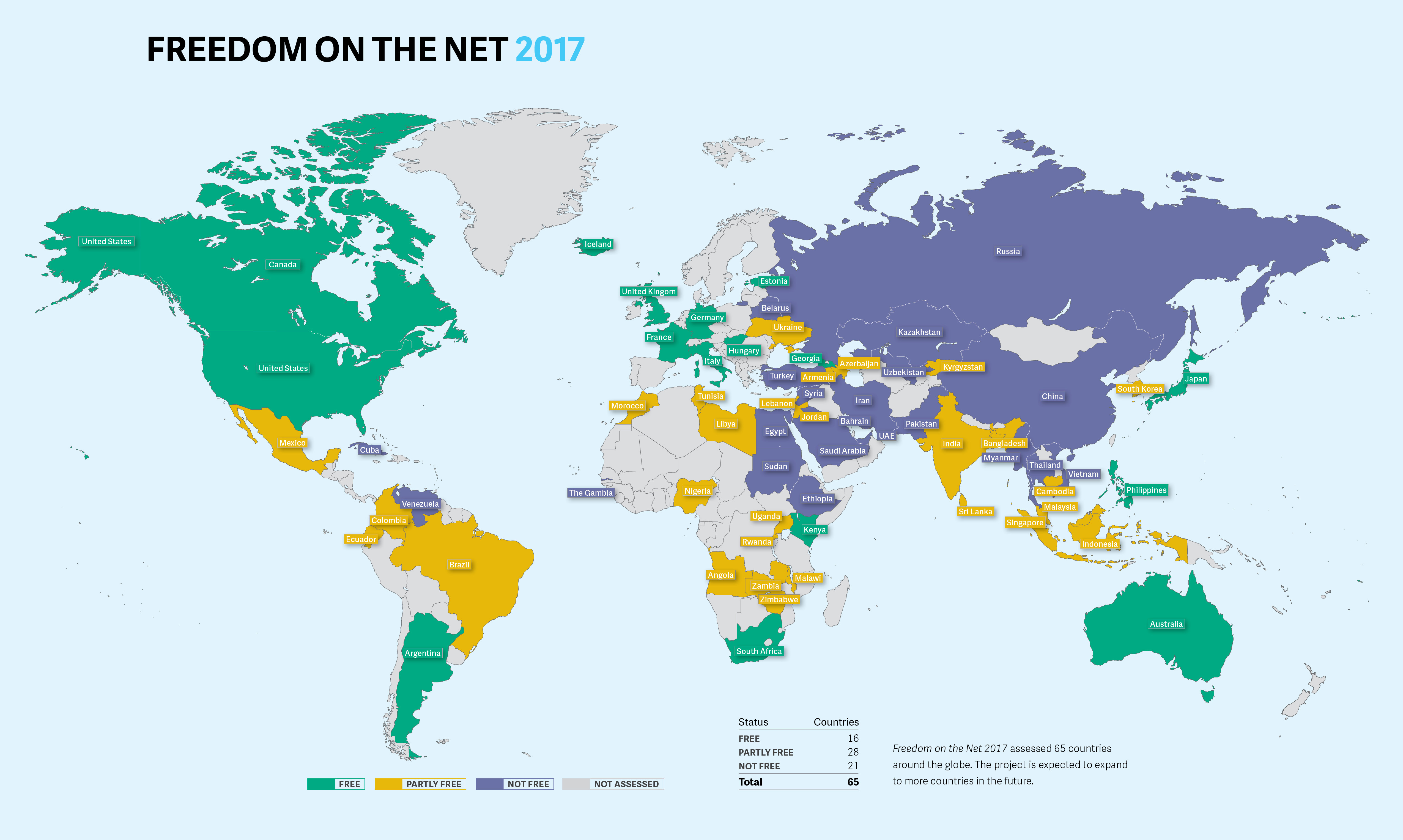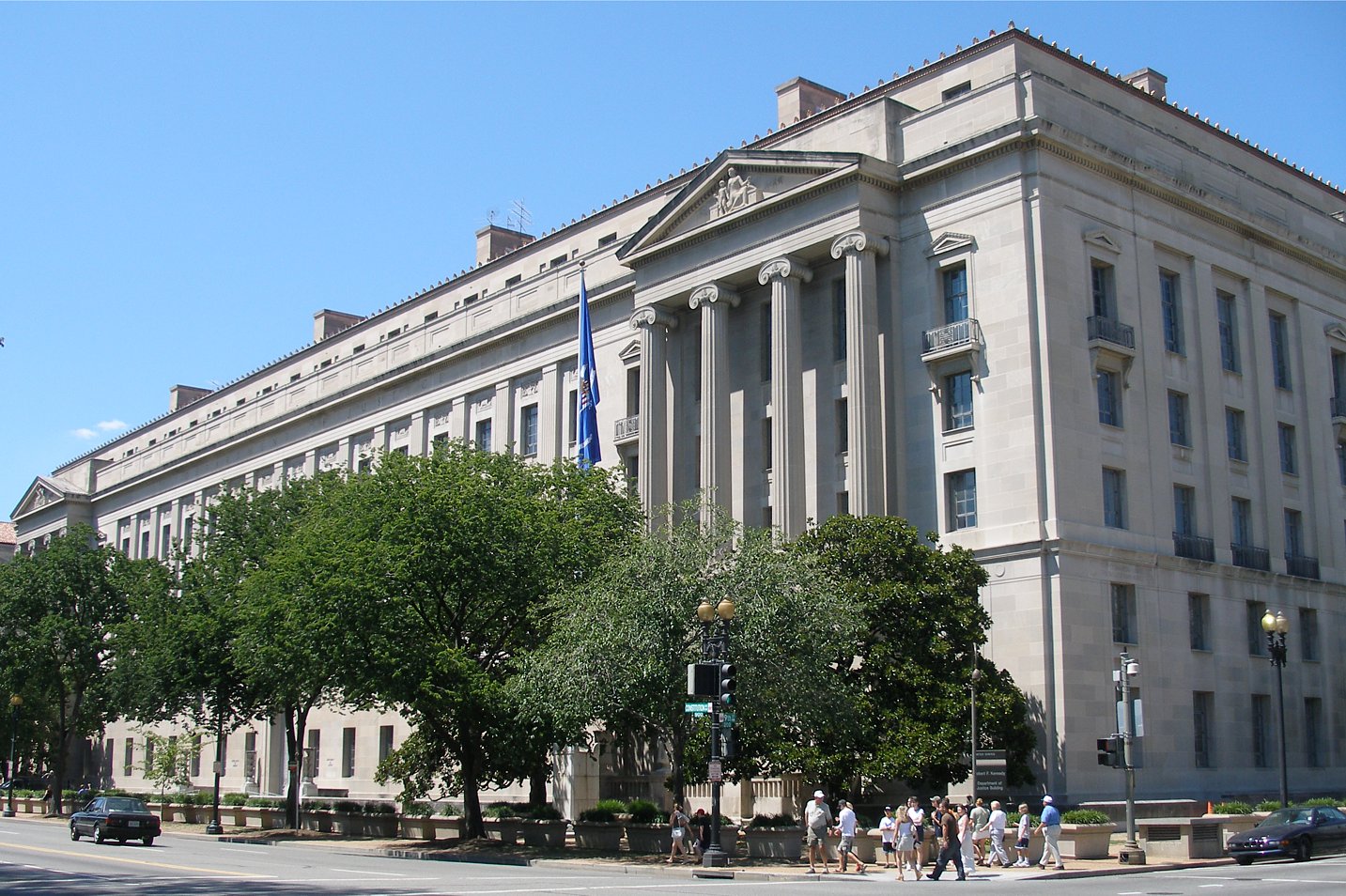20 Nov New report finds increase in mobile network shutdowns, livestreaming and VPN restrictions; Somaliland blocks social media during elections; YouTube broadens extremist content takedown policy
Corporate Accountability News Highlights is a regular series by Ranking Digital Rights highlighting key news related to tech companies, freedom of expression, and privacy issues around the world.
New report finds increase in mobile network shutdowns, livestreaming and VPN restrictions

Freedom House graphic
Government-ordered mobile network shutdowns have reached a new high, according to Freedom House’s annual Freedom on the Net report, released last week. The organization found that half of the network shutdowns over the past year were mobile network-specific, and “often in areas populated by ethnic or religious minorities.” The report also identified a rise in the number of government restrictions on live video broadcasting platforms, particularly during political protests, and blocking Virtual Private Networks (VPNs), which may be used to circumvent censorship or browse the internet more securely. Research showed that 14 countries currently have some type of restriction on VPNs, with six of those countries having introduced new restrictions within the past year.
The increase in government efforts to control communications networks and to ban anonymous activity online poses risks to human rights around the world. Governments should respect and protect human rights, and work with the private sector and civil society to ensure that legal and regulatory frameworks enable companies to respect users’ freedom of expression and privacy rights. As noted in our Corporate Accountability Index, corporate accountability can only be achieved when governments are also held accountable. (more…)








